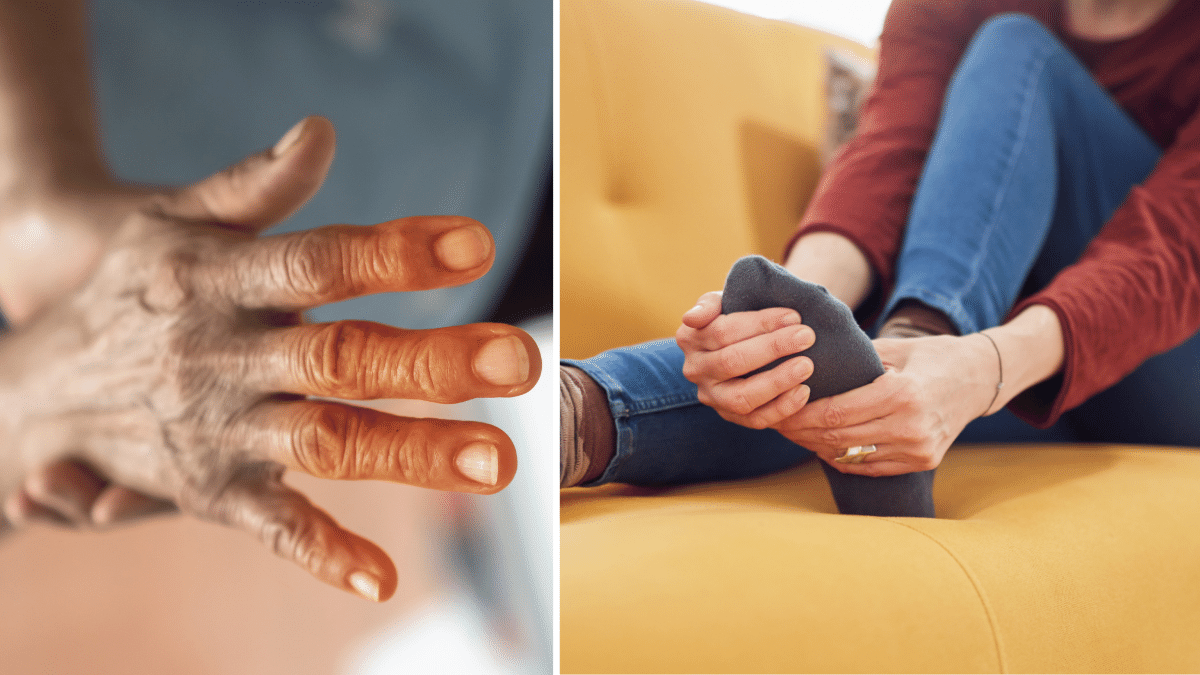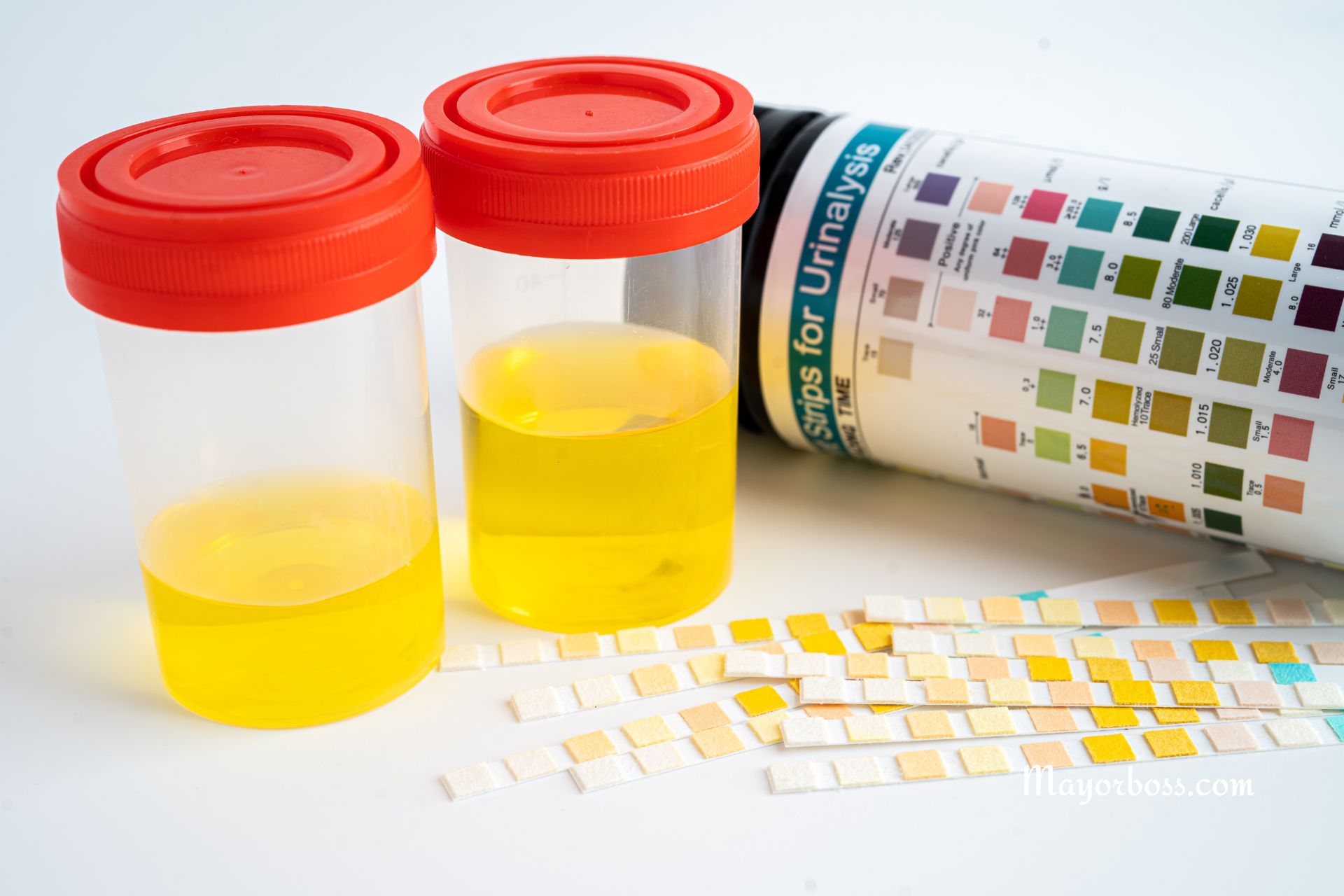10 Causes of Pancreatitis
Pancreatitis is an inflammation of the pancreas, which is a part of your digestive system that helps you digest food and regulate blood sugar. This condition can be painful and is often linked to certain diseases, medicines, or lifestyle choices. Here are ten common causes of pancreatitis.
1. Gallstones
Gallstones are hard particles that form in your gallbladder. They can block the pancreatic duct, causing inflammation in the pancreas. This blockage makes it difficult for the pancreas to function properly.
2. Alcohol Abuse
According to the National Library of Medicine, heavy drinking over a long period of time is the single most common cause of pancreatitis. Alcohol can directly injure the pancreas, resulting in inflammation.
3. High Levels of Triglycerides
If you have a high level of triglycerides (a type of fat) in your blood, it can cause inflammation in your pancreas. Eating a diet rich in fats and sugars can contribute to high triglyceride levels.
4. Certain Medications
Some medicines, such as certain antibiotics (Metronidazole) and immune-suppressing drugs, can cause pancreatitis. If you are taking these medications, your doctor will monitor you closely to catch any problems early.
5. Infections
Infections like mumps or hepatitis can also affect the pancreas. They can lead to inflammation and cause pancreatitis in some cases.
6. Abdominal Injury
If you suffer an injury to your abdomen, such as in a car accident, it can damage the pancreas and cause inflammation.
7. Autoimmune Diseases
Certain autoimmune diseases, where your immune system attacks your own body, can cause pancreatitis. These include lupus and inflammatory bowel disease.
8. Cystic Fibrosis
Cystic fibrosis is a genetic disorder that can affect the pancreas. It may cause the pancreatic ducts to become clogged, resulting in pancreatitis.
9. Smoking
Smoking can be a factor in causing pancreatitis. The harmful chemicals in tobacco can affect the pancreas, making it more prone to inflammation.
10. Genetic Factors
Some people have genes that make them more likely to develop pancreatitis. If pancreatitis runs in your family, you might be at a higher risk of developing this condition.
Frequently Asked Questions About Pancreatitis
What Are the Symptoms of Pancreatitis?
The symptoms of pancreatitis can vary, but they often include:
- Pain in the upper abdomen that might radiate to your back
- Nausea and vomiting
- Fever and increased heart rate
- Tenderness when touching the abdomen
If you experience these symptoms, it’s wise to seek medical attention, as pancreatitis can become severe if not treated promptly.

How Is Pancreatitis Diagnosed?
To diagnose pancreatitis, a doctor will typically ask about your symptoms and medical history. They may perform a physical examination and order some tests, such as:
- Blood tests to check enzyme levels
- Ultrasound or CT scan to get images of your pancreas
- MRI to look for abnormalities in the pancreas
These tests help the doctor see what’s going on inside your body and make an accurate diagnosis.
Can Pancreatitis Be Cured?
Pancreatitis can often be treated, but the approach depends on the cause and severity. Acute pancreatitis might resolve with proper care, including rest, hydration, and avoiding certain foods. Chronic pancreatitis may require ongoing management, including medication, dietary changes, and sometimes surgery. While there might not be a cure for chronic pancreatitis, the symptoms can usually be managed with proper care.
What Foods Should I Avoid if I Have Pancreatitis?
If you have pancreatitis, you’ll want to eat a diet that’s easy on your pancreas. Here are some general guidelines:
- Avoid or limit alcohol
- Stay away from fried or greasy foods
- Cut back on high-fat dairy products
- Avoid sugary foods and drinks
Your healthcare provider might also suggest specific dietary changes tailored to your needs.
Can Pancreatitis Be Prevented?
Yes, there are ways to reduce your risk of pancreatitis:
- Limit or avoid alcohol
- Eat a healthy diet rich in fruits, vegetables, and whole grains
- Don’t smoke or use tobacco products
- Maintain a healthy weight
In summary, pancreatitis can be caused by various factors such as gallstones, alcohol abuse, and certain diseases. It’s essential to consult with healthcare professionals if you experience symptoms, so they can determine the cause and provide appropriate care. If you practice healthy lifestyle choices, you can help protect your pancreas and reduce your risk of pancreatitis.
Further Reading: What Happens If Your Pancreas Doesn’t Produce Enough Insulin?






